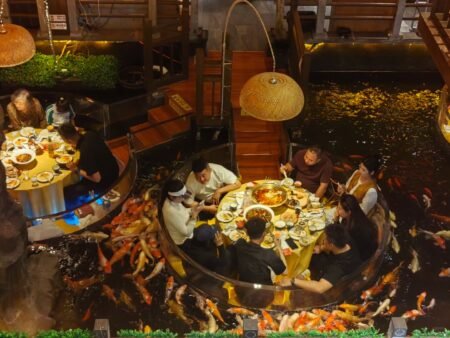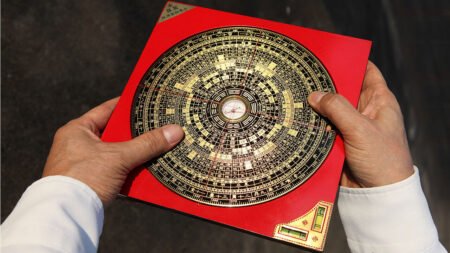Japan Dismisses Viral Manga and Feng Shui Earthquake Rumors Amidst Tourist Booking Decline
In recent weeks, Japan has been grappling with a significant decline in tourist bookings, a situation exacerbated by a combination of viral rumors and misconceptions surrounding the safety of travel to the region. These rumors, including a misunderstanding of the influence of a viral manga and feng shui principles on seismic activity, have prompted officials to take decisive action to reassure potential visitors.
The Impact of Viral Rumors
A viral manga that purportedly warned of imminent earthquakes has circulated widely on social media, stirring public anxiety regarding safety in Japan. Officials argue that these claims lack any scientific grounding and are misleading. The narrative promoted by the manga suggests that specific locations are more prone to seismic events, leading potential tourists to reconsider their plans.
Feng shui, a traditional Chinese practice concerning the arrangement of space to promote harmony, was also cited in discussions around earthquake predictions. Some travelers, misinformed by various sources, were led to believe that certain feng shui configurations could either trigger or mitigate earthquakes. Japanese authorities have dismissed these assertions, emphasizing that natural disasters cannot be forecasted through such means.
Tourist Booking Trends
The fallout from these rumors has been stark, with a noticeable decline in travel bookings to Japan as tourists opt for alternative destinations perceived as safer. The tourism industry’s recovery, after being severely hampered by the COVID-19 pandemic, is again at risk. Industry leaders have indicated that reassuring international travelers is crucial for revitalizing Japan’s tourism sector.
Government Response and Reassurance
In response to these unsettling developments, the Japanese government has ramped up efforts to dispel the myths surrounding seismic safety. Officials have pointed to Japan’s strict building codes and advanced earthquake preparedness systems as testaments to the country’s commitment to safety.
Tourism Minister encouraged potential visitors to rely on verified information sources and not to let unfounded rumors dissuade them from experiencing Japan’s rich culture, history, and natural beauty. Campaigns to promote the safety and allure of travel to Japan are being planned, aiming to counteract the negative impacts of misinformation.
Moving Forward
As Japan grapples with these challenges, it underscores the importance of accurate information dissemination in maintaining the integrity of its tourism industry. While natural disasters cannot be wholly predicted or prevented, the actions taken by authorities aim to assure both domestic and international travelers that Japan remains a safe and welcoming destination.
This ongoing situation serves as a reminder of the powerful role of social media in shaping public perception, as well as the necessity for governments and industries to actively address misinformation. As tourist bookings continue to fluctuate, Japan is poised to focus on clarity, safety, and authentic experiences to attract visitors back to its shores once again.










